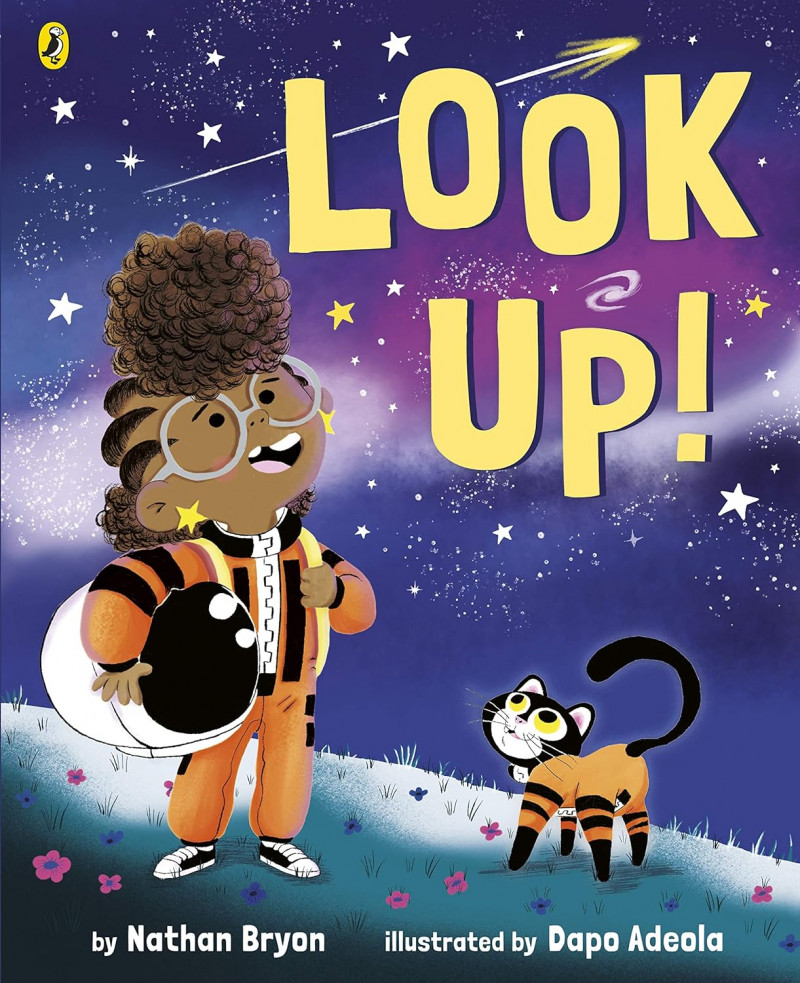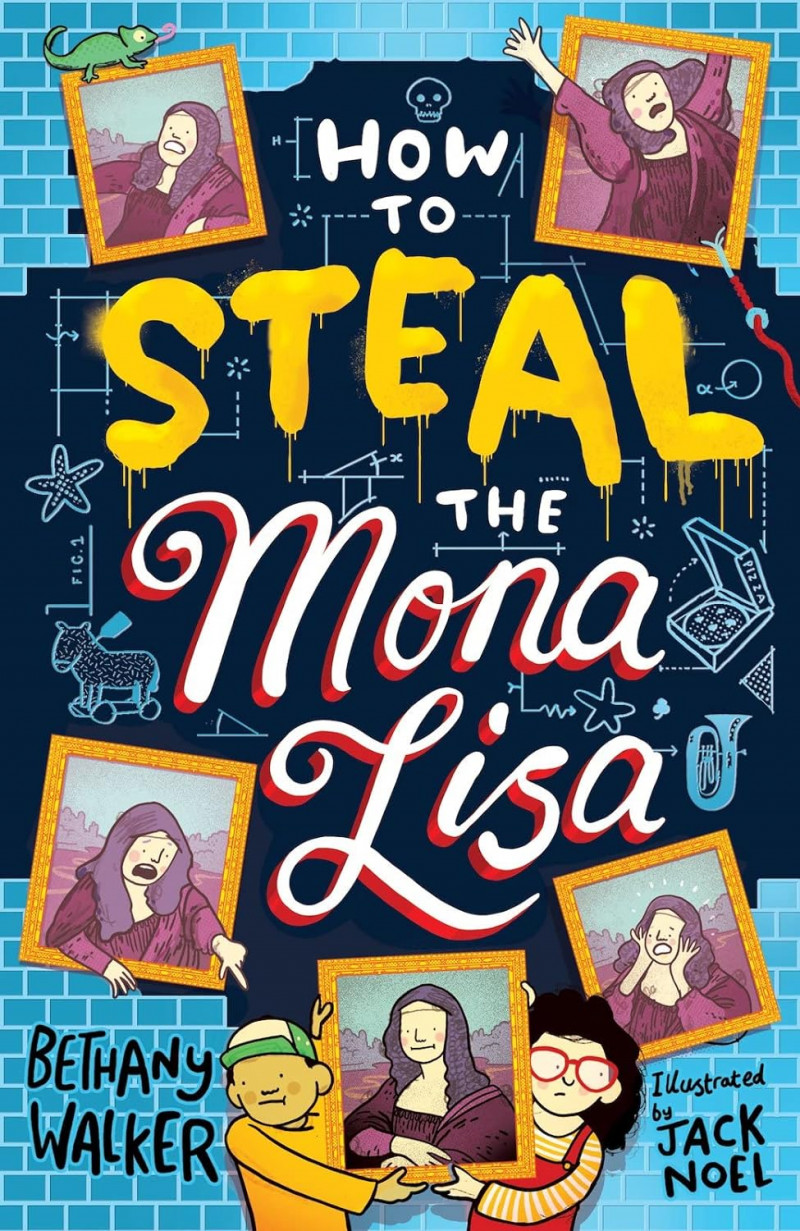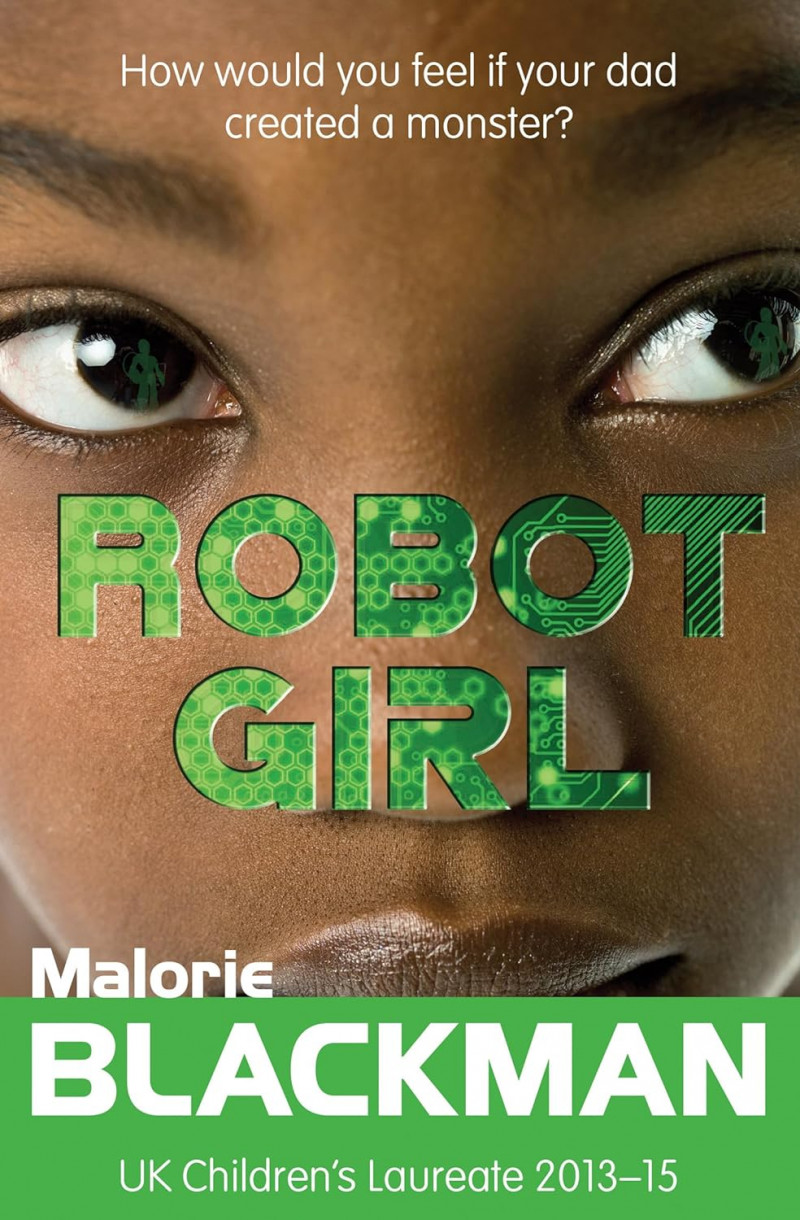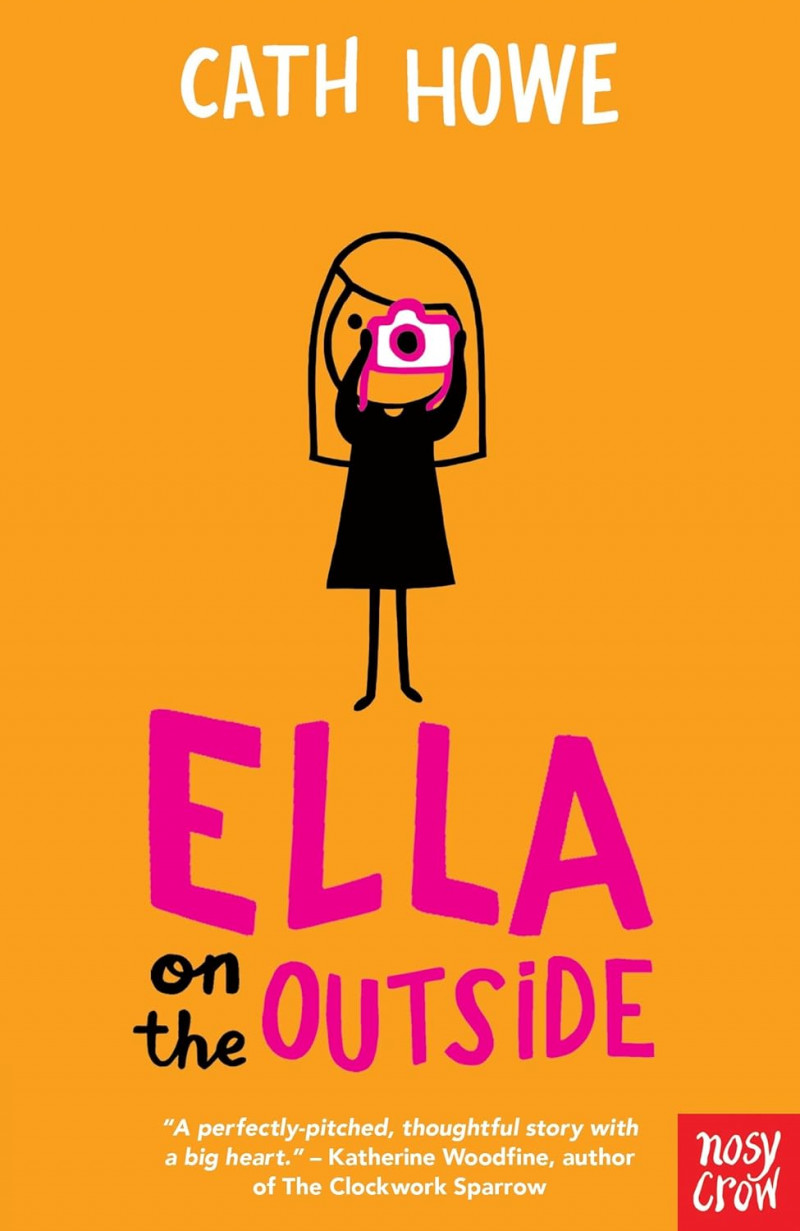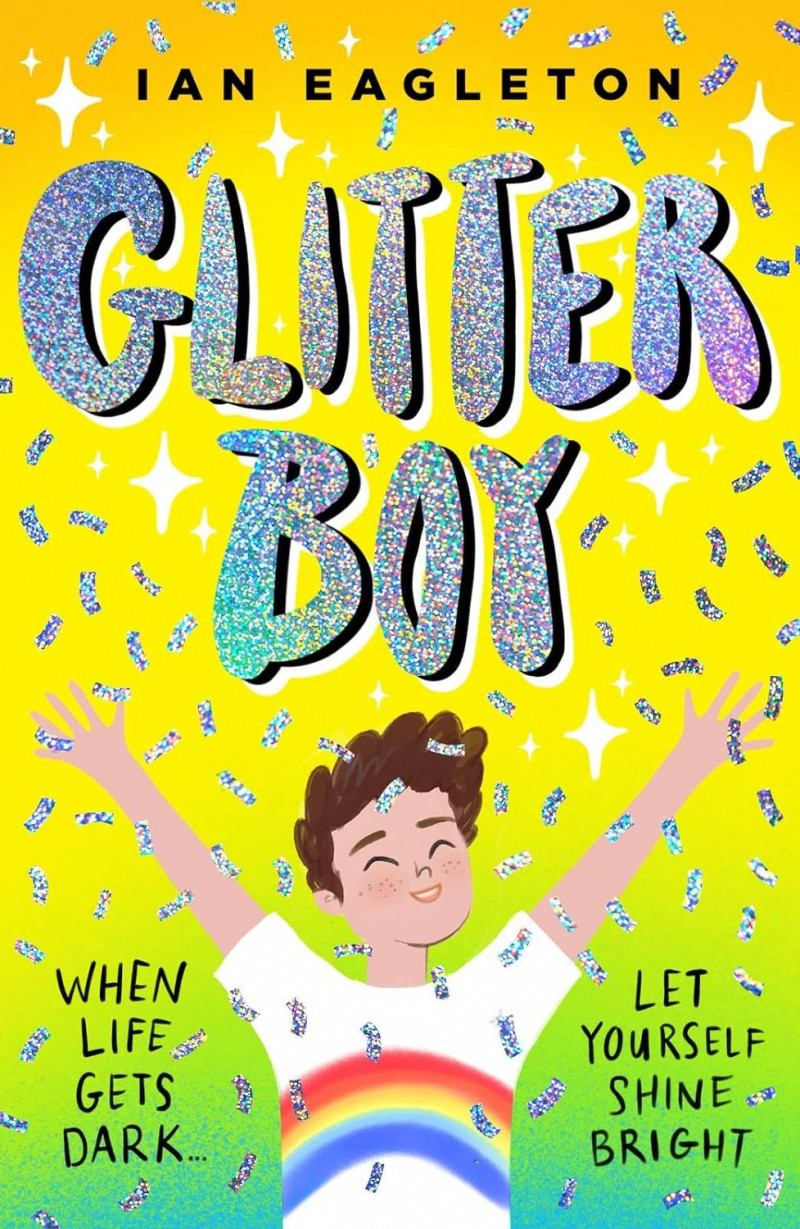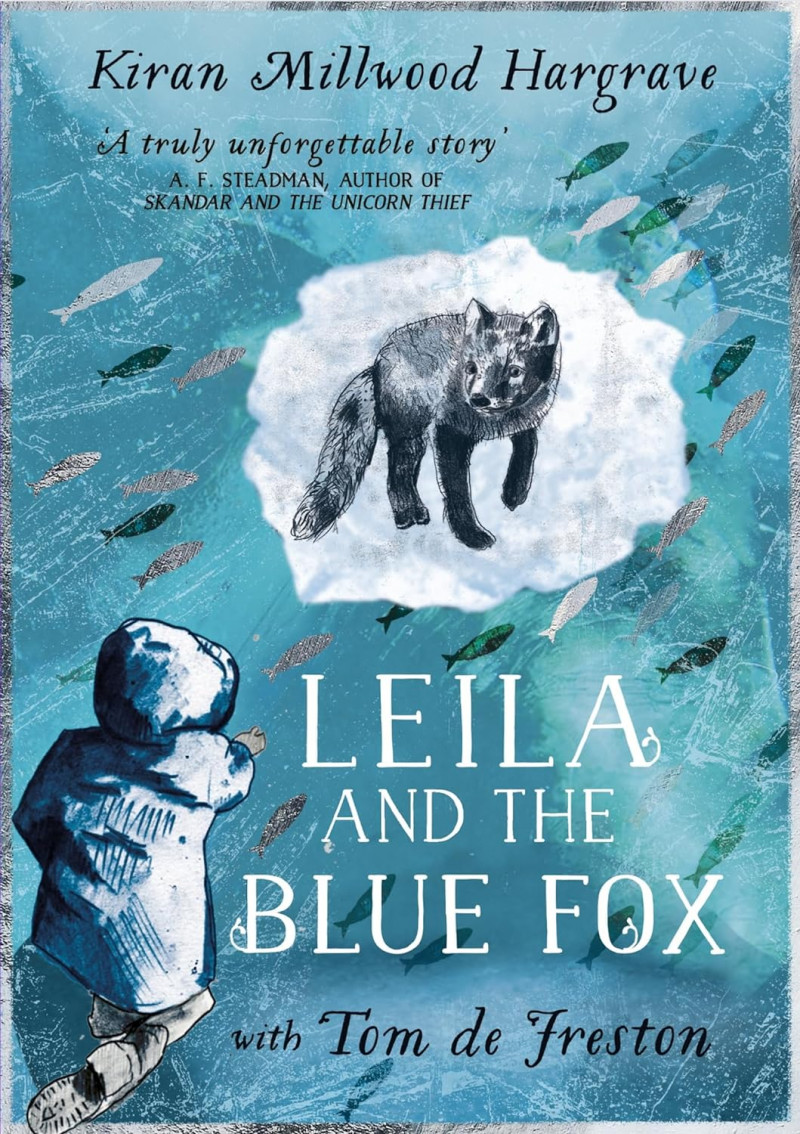Written byJen Sutherland
Consultant
See More
Educating, working with, or raising children in an age of rapid technological advancements presents both exciting opportunities and complex challenges for school staff, parents and carers. With 9 out of 10 children owning a mobile phone by age 11 (Ofcom, 2024) and growing evidence on the impact of screen time and social media on children's development, it's crucial to help children understand how technology can influence their relationships with themselves, others and the wider world around them.
Children’s books can be a brilliant starting point for supporting discussions around the benefits and challenges of digital technologies. Through stories, children can explore how we can use technology to foster positive connections and to educate ourselves and others. They can debate the ethical implications of advances in artificial intelligence. They can consider how to build a relationship with technology which supports positive mental health and can learn how to keep themselves and others safe online.
Here are some of our favourite children’s books for supporting discussions with children about technology.


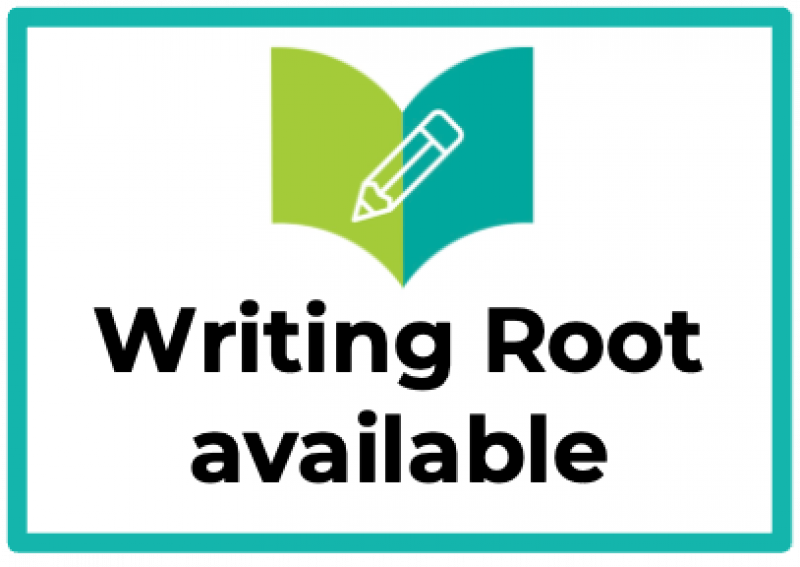
Look up! by Nathan Bryon
Space-obsessed Rocket is super excited to discover that an upcoming meteor shower will be visible from her local park. However, her brother Jamal doesn’t seem to share her excitement; while Rocket’s always looking up into space, Jamal spends all of his time staring down at his phone. But will Jamal manage to step away from the screen and discover what can happen if he joins his sister in looking up?
Themes and links: aspirations, community, hope, space, sibling relationships

Blackout by John Rocco
When an electricity power cut plunges a city into darkness, a busy family steps away from their phones and laptops and instead finds new ways to connect with each other and with their wider community. A fantastic picture book for exploring the crucial roles that electricity and technology play in our everyday lives while also emphasising the importance of spending quality time with our loved ones.
Themes and links: cities, community, family relationships, science: electricity

Selfie by Sandy Horsley
Sylvie the squirrel is obsessed with selfies, capturing snaps of herself wherever she goes. However, when her friends save her from a scary situation, Sylvie realises that while selfies can be fun, it’s important to pay attention to and appreciate the immediate world and the people around her. A great introduction into balancing the joy of taking and sharing photos with experiencing and appreciating life in the moment.
Themes and links: animals, friendship, identity, managing risk, self-esteem

How to Steal the Mona Lisa by Bethany Walker
In 1822, a version of the Mona Lisa was stolen from the royal family in ‘The Greatest Art Heist of All Time’. Fast forward to the present day, and a £25 million reward has been offered for its return. Inventively told through emails, online news articles, blogs and letters, this story follows schoolgirl Mia Berghler as she attempts to get to the bottom of the case, uncovering further mysteries and secrets along the way.
Themes and links: art, friendship, humour, mystery, school, grandparent-grandchild relationships


Robot Girl by Malorie Blackman
When Claire finally finds out what her technology genius dad has been working on in his lab, her initial excitement turns to confusion and concern and she is left facing a challenging moral dilemma.
This book is brilliant for supporting discussions around artificial intelligence and ethical dilemmas related to technology. In addition, its dyslexia friendly format supports readers developing stamina and fluency in reading.
Themes and links: identity, parent-child relationships, robotics, science fiction

Ella on the Outside by Cath Howe
Having recently moved house and started a new school, Ella is pleased and surprised when super-popular Lydia seems keen to befriend her. But when Lydia asks Ella to ‘investigate’ a fellow classmate, she is faced with a number of dilemmas and begins to question her newfound friendship. This is a great book to support discussions around the benefits and challenges of online group chats and around taking and sharing photos with others.
Themes and links: belonging, bullying, family members in prison, friendships, hope, parent-child relationships, young carers

Glitter Boy by Ian Eagleton
James loves dancing, poetry and Mariah Carey. But while Mariah’s lyrics tell him to be true to himself, his experiences of homophobic bullying and his father’s disapproval begin to invoke feelings of self-doubt. Luckily, a friendship helps James to see himself for what he is: unique, endlessly kind and truly fabulous. This book offers a fantastic opportunity to discuss the use of online messaging apps and how these can be used to spread fear and hate or kindness and positivity.
Themes and links: belonging, bereavement, bullying, friendship, LGBT+, hope, parent-child relationships, single-parent families


Leila and the Blue Fox by Kiran Millwood Hargrave
This stunning story of migration and hope follows the story of the two title characters – Leila, a young Syrian girl and Miso, an Arctic fox – as their lives intertwine on multiple levels during an exhausting but exhilarating expedition. Leila’s use of social media to connect people all over the world with Miso’s journey offers an opportunity to explore how the online world can be utilised to inspire, motivate and educate.
Themes and links: animals, environment, exploration, hope, friendships, migration, parent-child relationships, single-parent families

The above is just a small selection of children’s books that can help to open up discussions around technology use. We hope to continue to add to this list over time.
Next month: Our next book list will focus on moving classes, year groups or schools to prepare children for the new academic year. Please feel free to get in touch with any of your own suggestions for inclusion on this list by Friday 7th June at jen@literacytree.com or on X using @LiteracyJenS.
Posted in: Book Lists

